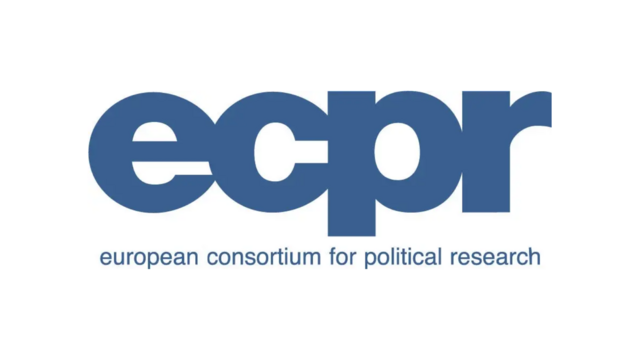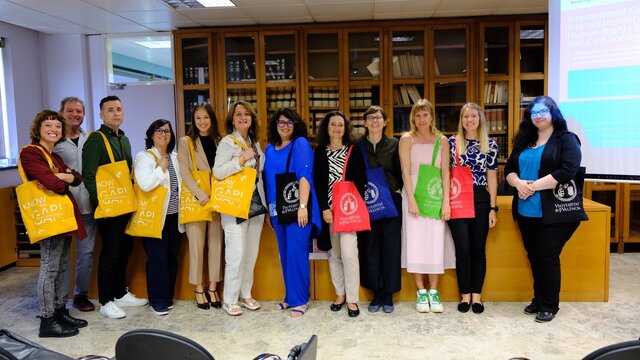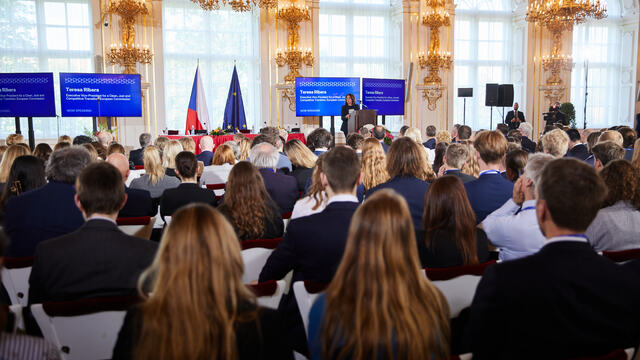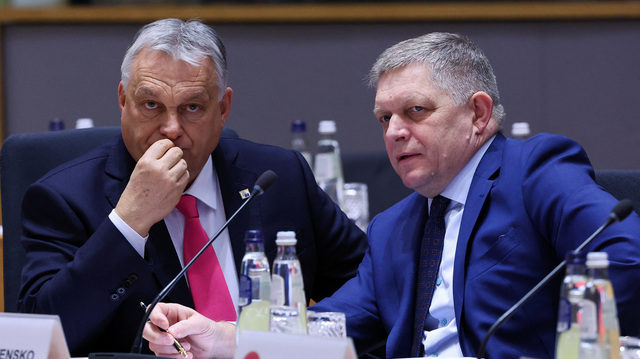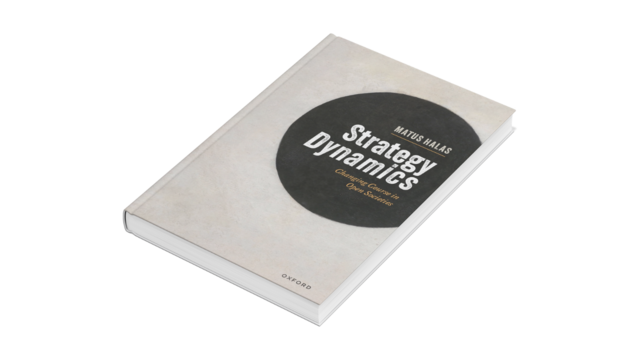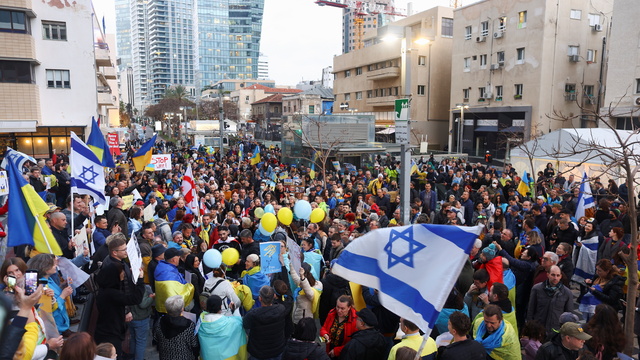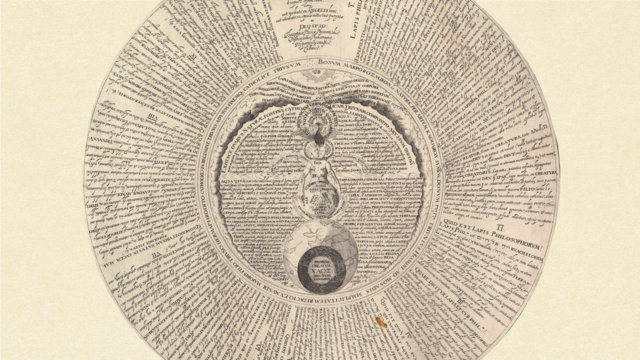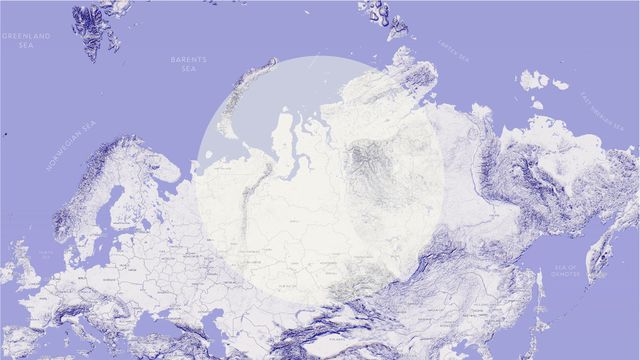Breakdown of Social Science Research in Russia - Impact on the Capacity for Understanding Russia in the West
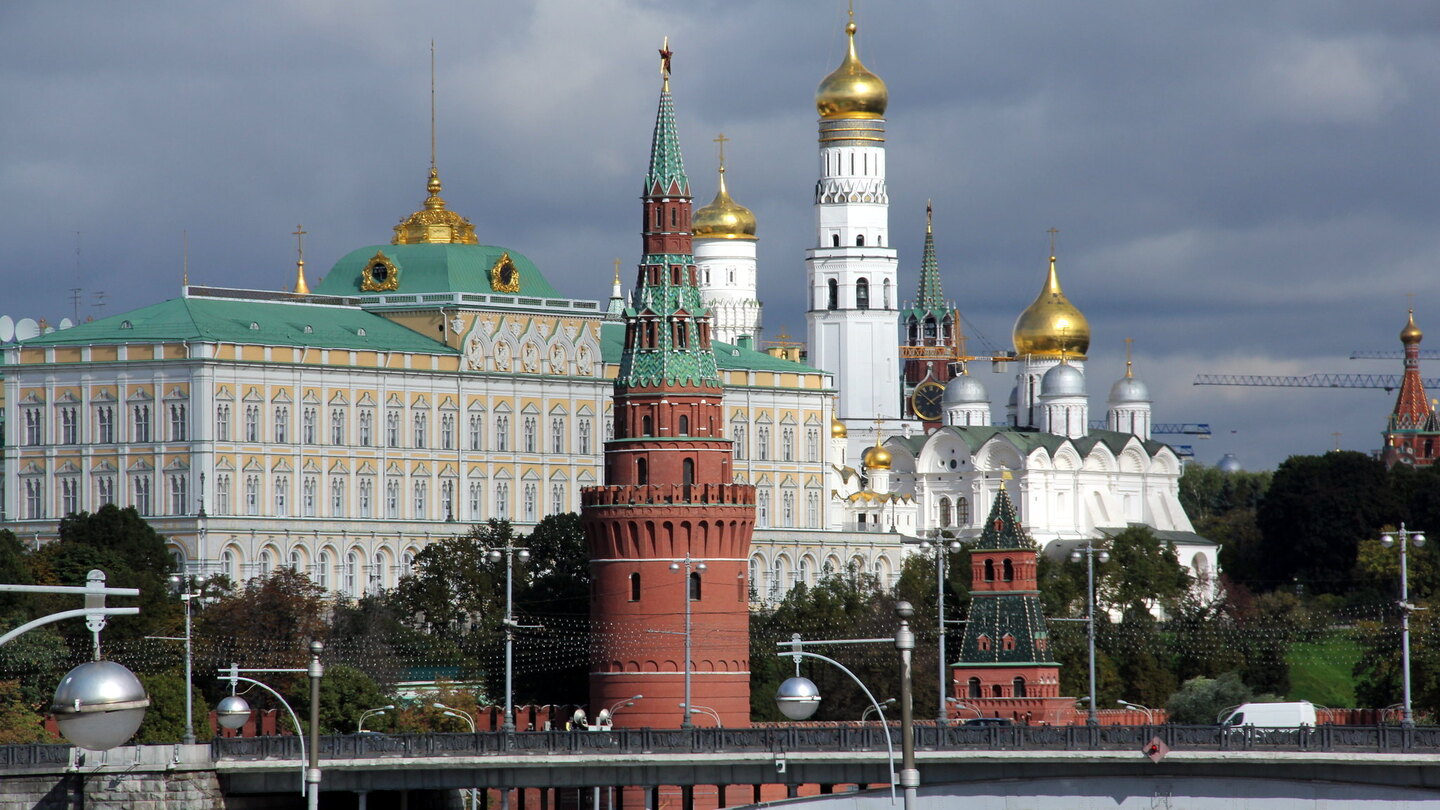
paper
While the Russian regime is keen to create intentional informational asymmetries and wage propaganda campaigns, the impact of such actions is being reinforced by the deterioration of independent research in Russian academia, the emigration of social scientists, and diminishing possibilities for collecting data in Russia, which affect scholars worldwide. The unintended consequences of measures aimed at isolating the Russian state-owned academic institutions triggered the cancellation of scientific cooperation at many levels. These processes bring a risk of diminishing opportunities for building a better understanding of events happening in Russia and the development of subsequent evidence-based policy responses.
These implications can be partially mitigated by creating refuges for ‘scholars at risk’, monitoring which valuable research projects were cancelled, recreating these projects in new institutional settings, supporting groups of independent scholars, and keeping some channels of scientific communication open.
INTRODUCTION
Russia means trouble. That’s probably the dominant collective understanding among elites, media, and academia in the West. After the full-scale invasion of Ukraine, these sentiments are particularly profound in Europe. There is little hope that such feelings will soon be softened – at least until a radical regime change occurs in the Russian Federation. The brutality and unlawfulness of the war reinforced a lengthy list of grievances linked to the legacy of the aggressive and expansionist foreign policies of the Russian regime and the well-documented widespread human rights abuses within the country. The reaction to the invasion and the comprehensive sanctions the international community applied, increased Russia’s international isolation. At the same time, a considerable proportion of Russian citizens, particularly those who were either afraid of being drafted into the army or prosecuted for their anti-war beliefs, fled the country. All these developments concentrated attention on Russia’s actions. However, such an awareness does not necessarily mean that the West’s collective ability to understand what is happening within the Russian society, economy and political regime grew proportionally. On the contrary, many factors make these phenomena much less transparent than previously.
These factors include the limited access to the country for foreign scholars due to the growing risks related to conducting research there, the decreased quality and availability of administrative data due to the rising control of the information environment, an exodus of foreign investors and service-oriented organisations which used to produce regular assessments of the Russian economy, the disruption of the international scientific cooperation, and the sweeping structural changes within the Russian academia. The latter two aspects are probably the most crucial because they bring long-lasting, profound and irreversible damage to the collective capacity for studying current developments in Russia. They disrupt established data-collection practices and the dialogue between Russian scholars on the one hand and social scientists and policymakers in the West on the other, which makes it next to impossible to keep the level of understanding and interpretation of the unfolding events up to date. No amount of punditry on TV will substitute for these institutions; the situation requires a much more comprehensive policy response so that a meaningful mitigation would be implemented.
Social scientists who study Russia face manifold methodological and institutional challenges. On the one hand, the Russian regime doubled down on prosecuting its opponents and limiting the autonomy of media, academia and other institutions. Moreover, the war increased incentives and supplied useful justifications for classifying statistics and administrative data, including data about the state of the economy; numerous
types of data became inaccessible, thus increasing informational asymmetries. On the other hand, in sharp contrast to earlier packages of sanctions, scientific cooperation with institutions based in Russia was put on hold or cancelled altogether by the state agencies in the EU, the US and the UK, and relevant international players, such as the G7. Moreover, international agencies, with the World Bank being the most prominent example, halted their operations in Russia and stopped publishing analytics on the Russian economy and society. Numerous universities, research centres and academic journals in the West followed suit and curtailed their cooperation with Russian institutions and scientists. These actions were typically justified by ‘holding Russia to account for its actions while diminishing and isolating its influence’. However, they also brought multiple unintended consequences for keeping on track data collection and knowledge production about Russia itself. These implications include foreign scholars’ impeded ability to do any active fieldwork in Russia (due to the overall increased risks, new compliance issues posed by the sanctions, and the decreased capacity to cooperate with institutions in Russia for data collection), as well as a further loss of autonomy of the Russian academia (due to its growing dependence on internal, state-provided funding).
This new reality fragmented the field of studying the Russian economy, society and politics both in Russia and in the West. As a result, instruments for producing reliable knowledge and forecasting even short-term futures became much more limited, which was recently manifested in an inability to predict the scale and consequences of Prigozhin’s mutiny, and in unreliable estimates of the impact of the sanctions and other developments within the Russian economy. Further neglecting the fragmentation of the Russian studies field and cutting ties with Russian scholars can exacerbate these limitations even more at a time when it is essential to design competent policies to face the phenomena caused by the deteriorated relations between Russia and the West, and the broad consequences of Russia’s war on Ukraine. Ultimately, it can compromise the ability to develop evidence-based policies to deal with the Russian regime’s actions. There is a need for careful assessment of the scale of these impacts and also for the development of policies which will mitigate their most adverse effects.
THE ISOLATION OF RUSSIAN ACADEMIA AND FRAGMENTATION OF RUSSIAN STUDIES IN THE WEST
Russia is a big, complex and heterogeneous country. After the collapse of the Soviet Union and a brief period of liberalisation, it underwent a gradual democratic backsliding in the 2000s and a sweeping return to authoritarian rule in the last decade or so. However, until recently, it was relatively open for researchers, even compared to similar autocratic regimes. A few factors contributed to this openness and relative transparency. On the one hand, many of the reforms undertaken in the 1990s and afterwards, aimed to increase the country’s competitiveness and investment climate. That led to substantial investment in higher education and scientific institutions, gradually allowing for the creation of genuinely excellent academic establishments, including those that specialised in social sciences. Some of these new centres were independent, and some were based in state-owned universities and institutions. On the other hand, numerous research centres dedicated to Soviet and communist studies (or ‘Sovietology’) evolved in the West during the Cold War; after the Perestroika, most of them continued to produce research on the region, focusing specifically on Russia in many cases. In the post-Soviet times, scholars working in these European and American universities and think tanks gained an opportunity to get direct access to the country and collect data relatively freely there, which elevated the level of their research. They often collaborated with Russian scholars; numerous instruments for scientific communication were established, including international conferences and new topical peerreviewed journals.
Although attempts to modernise Russian higher education brought somewhat patchy results, by the end of the third decade since the collapse of the Soviet Union, thousands of professional and well-educated social scientists from other countries worked in Russia, studying various developments happening in the country. Social sciences in Russia thus experienced some renaissance since the Perestroika. Moreover, business and government structures created a demand for statistics and economic analytics, while the relative openness of the regime in the 1990s and 2000s allowed civil society to develop and a range of independent research centres to evolve. Universities experienced a series of reforms aimed at increasing their competitiveness. Multiple NGOs developed monitoring and analytical capabilities. A pollster industry emerged in response to demand from the media, society and politicians; the Levada Centre and other structures conducted longitudinal studies and surveys of public opinion. Today, many of these institutions and scholars affiliated with them have lost or are losing their autonomy and academic freedom.
In some cases, the regime tries to co-opt and capture these institutions, usually by installing regime-loyal managers at the helm. Such actions do not necessarily directly influence the research agenda in the short term; however, they trigger a gradual degradation of these research centres and a loss of trustworthiness for their brands (HSE, for example. In other cases, particularly those of NGOs, the clampdown is much more direct and brutal; legislation about ‘foreign agents’ and ‘undesirable organisations’ allows the closing of independent organisations, particularly those with ties to their Western counterparts. The most straightforward and intuitively reasonable way to trace the repercussions of the events described above is to sketch categories of scholars engaged in studying Russia, depending on their affiliations and the impact they experienced after the invasion broke out. Most scholars of Russian topics currently experience numerous difficulties in continuing their studies linked to Russia due to the growing isolation of the country and the authoritarian clampdown happening there. Many of those who were based in Russia were forced to leave the country for various reasons recently, and most of those who are based in universities and research centres in the West lost access to fieldwork and were forced to focus their research on distant studies and other frameworks with a limited capacity for data collection. Similar factors – like changes in the level of access to data, the collapse of the rule of law in Russia, and the fragmentation and breakdown of international research ties – also impact scholars in each of these groups, albeit differently. Due to the differentiation of the institutional positions of the actors mentioned above, they face different challenges; in the following few paragraphs, I will briefly describe the circumstances for each cohort before assessing the risks this situation brings to the EU and Czechia.
❍ Scholars who stay in Russia and try to adapt to the new circumstances face a difficult choice between ‘inner emigration’ and co-optation by the regime. Any social scientist in Russia will continuously face parametric uncertainty about their future for years to come due to the rapidly growing administrative and ideological control within the academia. It applies not only to political scientists but also to historians, sociologists and economists. Like in the Soviet times, there would be many who would try to continue to do their job fairly. Telling the truth is a risky business in today’s Russia; therefore, a considerable part of them would either focus on neutral, technocratic issues or face repercussions sooner or later, as the Soviet dissidents did. However, while conducting independent and ethically sound research is possible, they will command a unique position by being less constrained in their research designs, types of fieldwork, and data collection procedures while staying in Russia. The international community will also pressure those who continue to work inside the country – publishers will be less likely to accept their papers, and it will be much more difficult for them to participate in conferences and other channels of international scientific cooperation. Besides that, there will always be numerous conformists who will serve the regime and propagate its narratives in various ways; without giving the platform to those who have lost their scientific integrity, like so-called ‘political scientists’ occupying pundits’ chairs on the Russian TV, there is a need for keeping open channels for academic exchange with those scholars in Russia who are committed to working independently and ethically.
❍ Scholars who left the country in the last two years and those who will leave it in years to come will also face difficult choices. Scientists are leaving and will be leaving Russia not only for political and ethical but also for pragmatic reasons, as staying in an isolated environment jeopardises their paths to internationally recognisable careers. Some of them will feel a temptation to stop their studies regarding Russia altogether – in emigration, their ability to continue in the data collection for their projects would be severely restricted. Besides that, many who left Russia for a long time will have only temporary affiliations. Such institutional uncertainty can lead to downshifting and quitting academia for good. This possibility and a potential shift to other research topics and areas can lead to a significant loss of expertise and capacity to study Russia from specific angles. These processes can lead to profound consequences; ‘scholars at risk’ in this case require help and assistance, but the problem is much more severe than the fate of some individual intellectuals. There is a need to monitor which types of studies are under threat, and the necessity to create institutions and positions in which a continuation of these research projects will be possible, albeit in a limited capacity due to the decreased access to data.
❍ Scholars who study Russia while being based in the EU, the US, the UK and other countries are less affected by the unfolding events, regardless of their citizenship or background. However, some indirect repercussions of the isolation, sanctions and other changes happening in Russia make the sustainability of many types of vital research projects less feasible. Two factors will be the most important in this regard: the diminishing quality and completeness of administrative data and the drop in the ability to organise fieldwork due to increased risk factors and unintended effects of sanctions and other restrictions. These factors will be particularly significant for the related fields, which require intensive data collection (sociology, anthropology, political science, and some history subfields) or rely on the quality of administrative data provided by the institutional actors (economics).
Overall, the environment for doing ‘normal science’ about Russia radically changed for almost all the actors involved, in many cases making the continuation of the research more resource-demanding or even impossible. There are still some spheres of research that can utilise an abundance of sources, for instance, the study of propaganda and official narratives. Relying on social media or leaked administrative data as a primary source can help overcome the adverse effects of isolation to a degree, but only partially. Studying Russia is gradually becoming the same difficult practice as learning the properties of other autocracies and dictatorships. There is a growing trend to do ‘research at a distance’ because of the difficulties of accessing many places worldwide and the increasing availability of digital data that can be remotely collected and processed. However, these techniques are limited, and besides utilising them, there is another critically important agenda – to preserve the human capital developed in Russian studies since the Perestroika and data collected while the country was relatively open.
CONCLUSION
The Russian regime, in many respects, is incentivised to create a fog of war and intentional informational asymmetries, which it does by waging propaganda campaigns, limiting the publication of administrative data, playing with statistical figures, and carrying out brutal attacks on academic freedoms, independent media and civil society in Russia. Measures impacting educational and scientific institutions in Russia are meant to limit the capacity of the Russian government to assert its influence; however, their unintended effects instead, in many respects, reinforce efforts of the Russian state to create an isolated and mobilised society while diminishing available instruments for collecting data and building a better understanding of events happening in Russia. Such a situation brings a variety of risks, some of which are escalating right now, and some can trigger long-lasting repercussions:
❍ Changes affecting the functioning of the academic institutions in Russia are forcing many talented scholars into exile or ‘inner emigration’; many of them will not only change their affiliations but also focus on different topics or quit the given science altogether.
❍ It is possible that even in the West, much less talented people will be ready to dedicate their careers to studying Russia and conducting social research in Russia if the institutional situation does not change on many levels in the next few years.
❍ The growing non-transparency of developments happening within the Russian economy and society allows Russian propaganda to penetrate the media space in the West and worldwide much more freely.
❍ If these trends continue, there is a risk that that the capacity for understanding the complex processes happening in Russia will gradually diminish even further.
RECOMMENDATIONS FOR THE EU AND CZECHIA
A better understanding of the events and processes happening in Russia is crucial for developing and implementing evidence-based policies in response to the actions of the Russian regime, and for contemplating future international relations in Europe. However, the isolation of Russian academia, the increased risk of doing research work in Russia, and the deliberate informational asymmetries imposed by the Russian state make the ongoing development of such an understanding profoundly difficult. Governments, scientific agencies, donor organisations and universities in the EU and Czechia can partially mitigate the most adverse repercussions of the current situation by creating flexible instruments for supporting scholars at risk, and by focusing not only on helping individual scholars but also on recreating and emulating in exile previously existing collaborations between scientists based in Russia and their colleagues in the West. Such an approach requires thinking on both a humanitarian and an institutional level. More specifically, the following measures can be developed and implemented:
→ Monitoring the range of postponed or cancelled research projects regarding contemporary Russian politics, society and economy, and relaunching and recreating these projects in new institutional settings.
→ Creating refuges for Russian ‘scholars at risk’, particularly for those who are keen to continue to study Russia and retain the relevant expertise.
→ Creating new platforms for international collaboration and communication in which these Russian scientists who continue to do genuine research in Russia will be able to participate.
→ Supporting independent research groups studying Russia, including those whose members work in different countries.
→ Establishing new monitoring projects and open data repositories, and supporting data-collecting initiatives with the participation of Russian scholars, journalists and activists in exile.
→ Creating adaptable and sustainable financial mechanisms for supporting studies of Russian affairs in new circumstances; some instruments can address fundamental issues by supporting longitudinal studies, while others can handle more immediate agendas flexibly.
→ Supporting opportunities for cross-national, comparative studies in which Russia would be among the areas for comparison.
→ Reconsidering the scope and rigour of the restrictions that were put on the usage of data of Russian origin and collaborations with Russian academia to facilitate scientific communication with Russian scholars on an individual basis.
Dmitry Kokorin, PhD candidate, The Russia Institute, King’s College London, UK
This policy paper is an outcome of the project TL05000626 “The Communication of Expertise as a Means of Strengthening Societal Resilience in the Postfactual Era”, supported by the Technological Agency of the Czech Republic. The research on which this article is based was supported by the Boris Nemtsov Foundation for Freedom as a part of the Ideas for Russia initiative (project “Known Unknowns: Studying Russia after 2022”).
